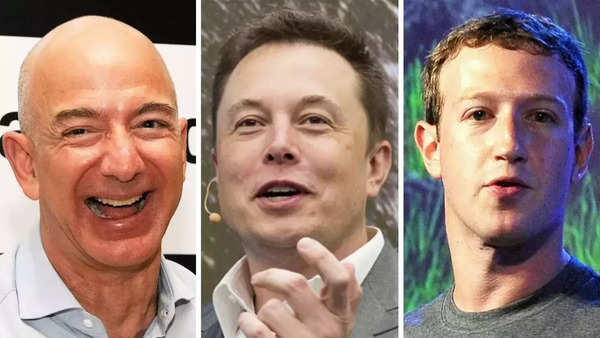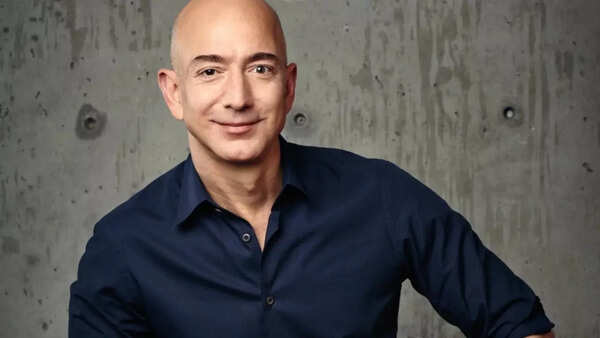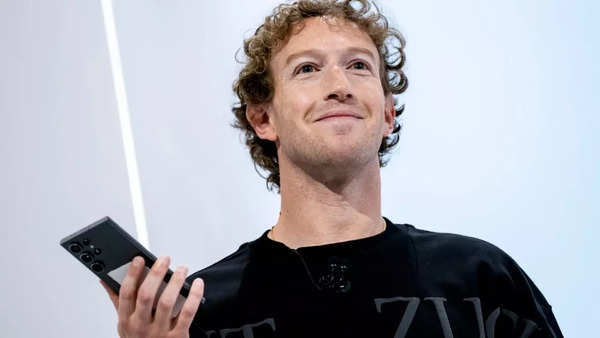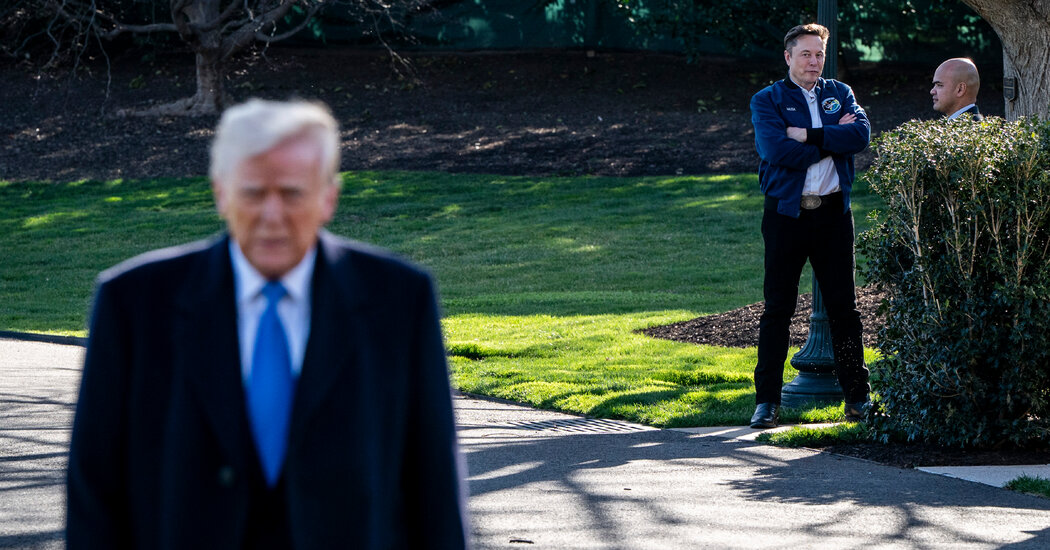It’s simple math.
The amount of money billionaires amass in their lifetimes, thanks to the existence of thriving capitalism, can not possibly be spent in their lifetimes – even if they are frantically irresponsible with their finances; or, maybe, unless they suffer some major blow that has them end up in somewhere like Schitt’s Creek!
So, what happens to their ‘insane’ amount of money when they pass away and go beyond the realm of the mortal sphere?

Read on to know more about the fate of the billionaires’ money!
America’s 12 richest billionaires, including Jeff Bezos, Elon Musk, and Warren Buffett, control over $1 trillion in combined wealth. However, being mortal beings, they are bound to die one day and when they do – their wealth typically transfers to heirs, philanthropic ventures, or business foundations. But how this happens is not straightforward.
Here’s a more detailed explanation:
Who inherits the Billionaire’s fortune?
Most billionaires have succession plans in place to ensure their fortunes remain within the biological family or a chosen one. One cannot be that stupid enough not to see that plan of Musk, already in formulation, with his team of 14 Musk-offsprings (although Vivian Wilson has claimed to have severed ties with the tech mogul).
Now, heirs often inherit stakes in large companies, financial assets, and vast real estate portfolios. For instance, Rob Walton maintains family control over Walmart after inheriting his father’s stake.

Billionaires’ fortune and philanthropy:
Some billionaires, like Bill Gates and Warren Buffett, have signed the Giving Pledge, promising to donate at least half of their wealth. However, five of the 12 richest billionaires, including Bezos and Musk, have yet to make such commitments, raising questions about the distribution of their fortunes.

Potential family dispute:
Can wealth transfer lead to family disputes? A big fat YES!
Wealth transfer can sometimes spark legal battles and family disputes. Without clear instructions, family members may contest inheritance, which can lead to corporate instability and public controversies.

Dynastic wealth and its impact:
As billionaire heirs often maintain significant control over business empires, perpetuating dynastic wealth, this transfer of corporate power can lead to long-term dominance in industries, raising concerns about wealth concentration, dynastic control over industries and politics, and economic inequality. With heirs inheriting not just money but influence, they can shape economies, policies, and corporate landscapes, threatening democratic values.
Are Billionaires’ wealth impacted by government policies?
Estate taxes and wealth transfer regulations play a crucial role in determining how much wealth billionaire heirs retain. High estate taxes can reduce dynastic control and redirect wealth toward public funds, addressing growing inequality concerns.
Impact on society
The transfer of wealth from billionaires like Jeff Bezos and Elon Musk has profound implications on the society. Their choices—whether through philanthropy, inheritance, or corporate control—will shape future generations and influence social structures for decades.


